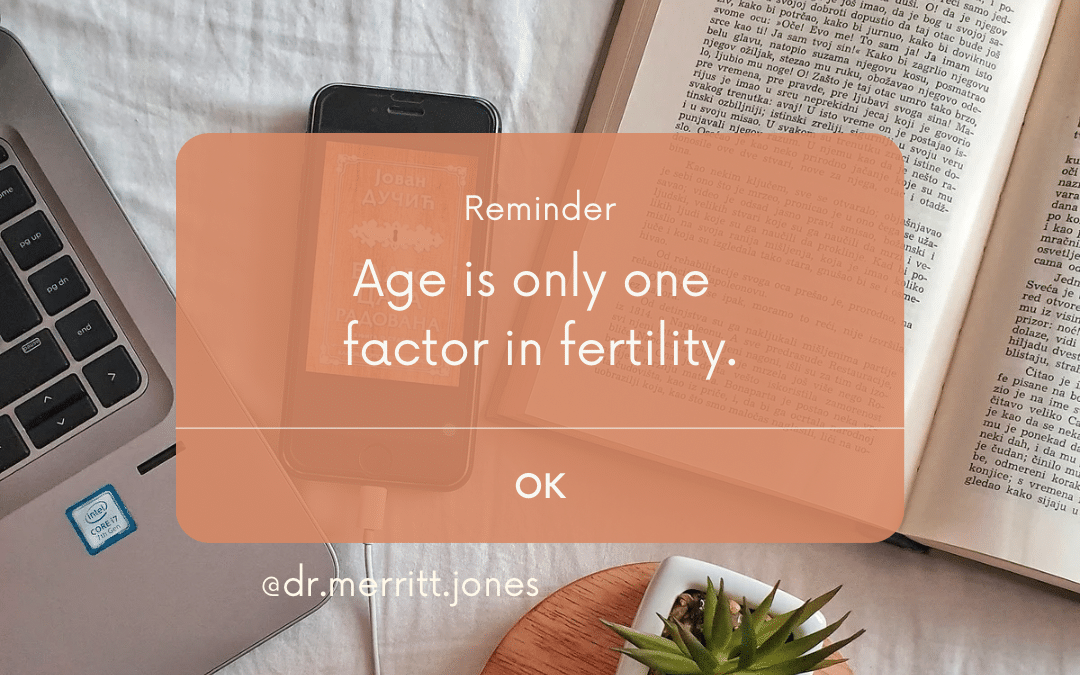Advanced Maternal Age and Fertility
The term “Advanced Maternal Age” refers to a person over the age of 35 who is trying to conceive or pregnant. Does age really influence fertility? It can, but these other common factors also play a big role (and are changeable!).
????Nutritional status
Do you have any macro/micronutrient deficiencies that may be impacting hormones, egg/sperm quality &/or uterine lining? This is a perfect place to start when working on optimizing fertility after at any point in your journey. The micronutrients found in whole foods are provide essential building blocks to support health optimal fertility. There are some great labs available to assess this.
???? Gut health
Starting with you oral health (yes, really!) all the way through your entire GI tract, the status of your gut plays a huge role in fertility. Are you absorbing what you eat? Do you have any microbiome imbalances? There are amazing, simple TCM diagnostics for this (it’s part of why I look at a patients tongue!) There are also some great labs to asses this! ❤️ a good ???? test.
⚖️ Hormone health
Hormonal imbalances can mess with egg quality, implantation and overall cycle health. This is why we ask our patients to monitor their cycles closely, and why we often run day 3 and 7 DPO labs. Keeping a close eye on hormones goes a long way in optimizing fertility for advanced maternal age.
???? Unstable blood sugar
This might be one of the most overlooked aspects fertility — for PCOS, yes, but also for endo + fertility in general! Blood sugar stability has a huge impact on ovulation, inflammation and hormone health. Aim for consistent, well balanced meals containing aboug 70% naturally colorful produce, 20% protein and 10% fat.
???? Physical activity
Movement matters! Regular movement fosters health blood flow and circulation and ore balanced cortisol. Think less cardio, more strength to optimize blood sugar and hormone health. Walking/being outside/cultivating “joyful movement” are also great!
????Stress
It’s no surprise that stress impacts infertility, but honestly, sometimes we forget how much! Chronic high stress takes a huge tole on hormone health, ovulation and… sanity. Cultivating mindfulness around stress is a great first step. Meditation, talk therapy and/or making time to connect with close loved ones can also help.
????️ Environmental toxins
Modern living can take its toll on our cellular health and fertility. From air quality in cities to mold exposure, endocrine disrupting chemicals and more, toxins are everywhere. It impossible to avoid them all the time, but it IS possible to minimize exposure and support optimal detox!
???? As always, progress, not perfection!
Your NHRH team


